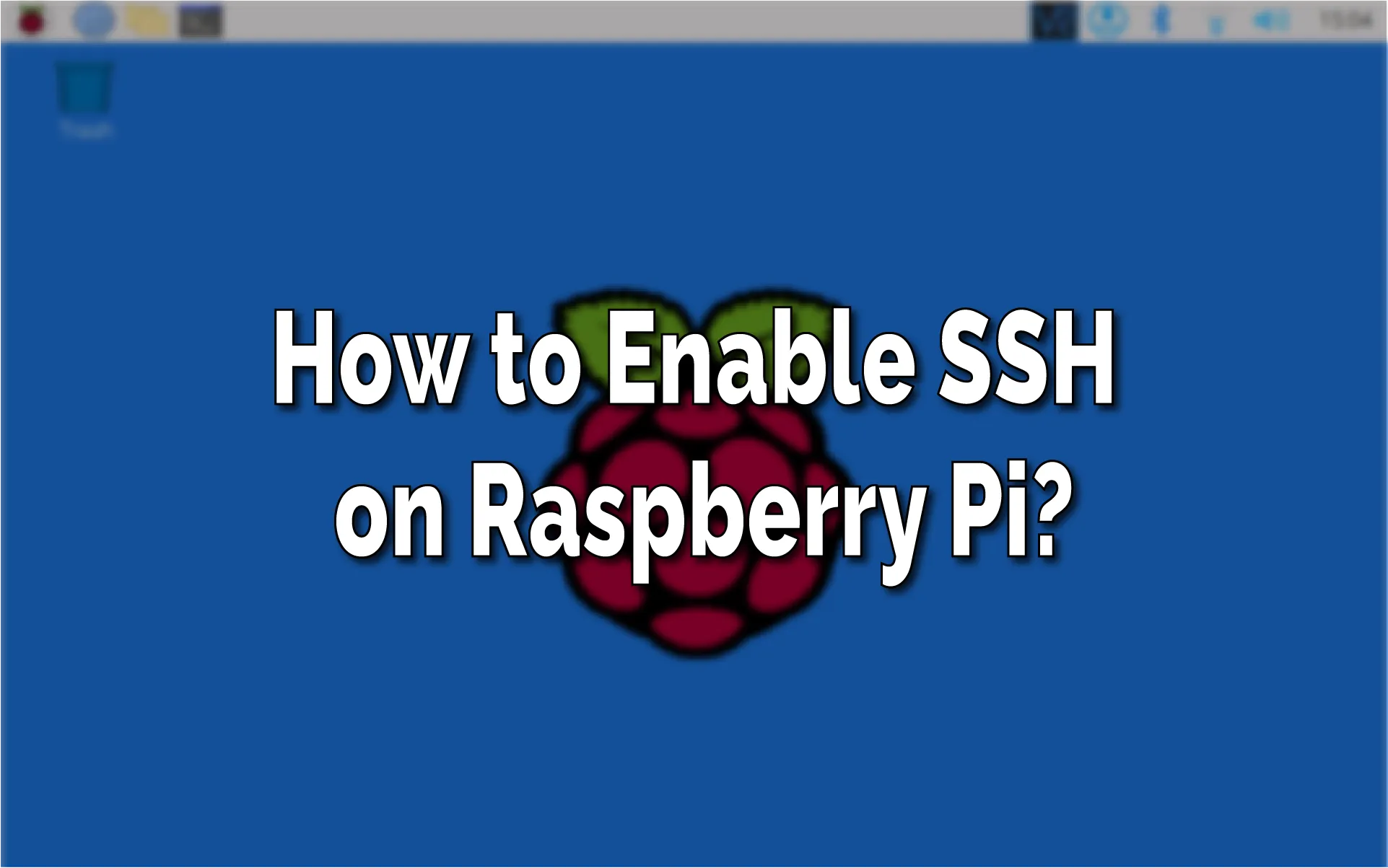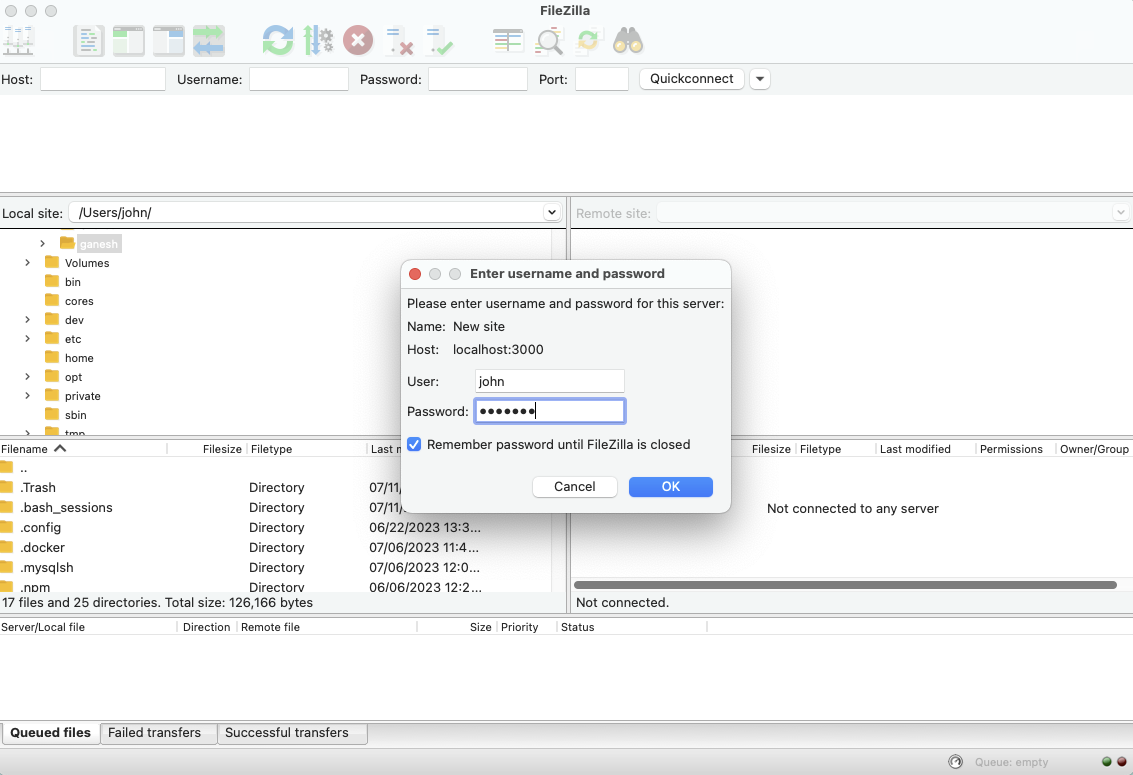In today's digital age, the Internet of Things (IoT) has transformed the way we interact with devices. One of the most popular platforms for IoT enthusiasts is the Raspberry Pi, a compact and versatile single-board computer. Managing secure SSH key access for Raspberry Pi is crucial to ensure data integrity and device security. This article delves into the importance of SSH key management, explores free remote IoT platforms, and provides actionable tips to secure your Raspberry Pi.
With the growing number of connected devices, securing IoT platforms has become a top priority. The Raspberry Pi, as a widely used IoT device, requires robust security measures to protect sensitive information. By leveraging free remote IoT platforms and implementing secure SSH key management, users can enhance their system's resilience against cyber threats.
This article aims to provide comprehensive guidance on managing SSH keys for Raspberry Pi, ensuring your IoT setup remains secure and efficient. Whether you're a beginner or an advanced user, this guide will equip you with the knowledge to protect your devices effectively.
Understanding IoT Platforms and Their Importance
IoT platforms serve as the backbone of connected devices, enabling seamless communication and data exchange. These platforms offer a range of functionalities, from device management to data analytics, making them indispensable for IoT applications.
What Are IoT Platforms?
IoT platforms are software solutions designed to connect, manage, and monitor IoT devices. They provide tools for data collection, processing, and visualization, helping users gain valuable insights from their connected devices.
- Facilitate device connectivity
- Enable remote monitoring and control
- Support data analytics and reporting
Why Are Free Remote IoT Platforms Essential?
Free remote IoT platforms offer cost-effective solutions for managing IoT devices without compromising functionality. These platforms are ideal for hobbyists, educators, and small businesses looking to explore IoT capabilities without significant financial investment.
Key benefits include:
- Reduced operational costs
- Scalability for growing IoT projects
- Access to a wide range of features
The Role of Raspberry Pi in IoT
The Raspberry Pi has emerged as a cornerstone in the IoT ecosystem, offering a flexible and affordable solution for building smart devices. Its compatibility with various sensors and actuators makes it an ideal choice for IoT projects.
Advantages of Using Raspberry Pi for IoT
Raspberry Pi provides numerous advantages for IoT enthusiasts:
- Low cost and energy-efficient
- Supports multiple programming languages
- Extensive community support
Popular Use Cases for Raspberry Pi in IoT
Raspberry Pi is widely used in various IoT applications, including:
- Home automation systems
- Environmental monitoring
- Smart agriculture solutions
Secure SSH Key Management for Raspberry Pi
SSH (Secure Shell) is a cryptographic protocol used for secure communication between devices. Managing SSH keys effectively is crucial to safeguard your Raspberry Pi from unauthorized access.
Why Is SSH Key Management Important?
SSH keys provide a secure authentication method for remote access to Raspberry Pi. By managing these keys properly, users can prevent unauthorized access and ensure data integrity.
Key benefits include:
- Enhanced security through public-key cryptography
- Elimination of password-based authentication risks
- Streamlined access management for multiple devices
Best Practices for SSH Key Management
Implementing best practices for SSH key management is essential to protect your Raspberry Pi:
- Use strong, unique SSH keys
- Disable password authentication
- Regularly update and rotate SSH keys
Choosing the Right Free Remote IoT Platform
Selecting the appropriate free remote IoT platform is vital for ensuring seamless integration with your Raspberry Pi. Several platforms offer robust features tailored to IoT applications.
Top Free Remote IoT Platforms
Here are some of the best free remote IoT platforms for Raspberry Pi:
- ThingsBoard
- Node-RED
- Home Assistant
Comparing Features and Capabilities
When evaluating free remote IoT platforms, consider the following factors:
- Device compatibility
- Security features
- User interface and ease of use
Implementing Secure SSH Key Management
Implementing secure SSH key management involves several steps to ensure your Raspberry Pi remains protected. Follow these guidelines to enhance your device's security.
Generating SSH Keys
Generating SSH keys is the first step in securing your Raspberry Pi:
- Use the `ssh-keygen` command
- Choose a strong passphrase
- Save the keys in a secure location
Configuring SSH Settings
Configuring SSH settings on your Raspberry Pi is crucial for maintaining security:
- Edit the `/etc/ssh/sshd_config` file
- Disable password authentication
- Restrict root login
Enhancing Security with Free Remote IoT Platforms
Free remote IoT platforms offer additional security features to protect your Raspberry Pi. By leveraging these platforms, users can strengthen their IoT setup against potential threats.
Security Features in IoT Platforms
Some of the key security features offered by IoT platforms include:
- Data encryption
- Access control and authentication
- Intrusion detection and prevention
Integrating IoT Platforms with Raspberry Pi
Integrating IoT platforms with Raspberry Pi involves configuring settings and establishing secure connections:
- Install necessary software and libraries
- Set up device credentials
- Test connectivity and functionality
Common Challenges in SSH Key Management
Managing SSH keys for Raspberry Pi can present several challenges. Understanding these challenges is essential for developing effective solutions.
Key Rotation and Expiration
Regularly rotating SSH keys is crucial to maintain security. However, this process can be time-consuming and complex:
- Set up automated key rotation scripts
- Monitor key expiration dates
- Communicate changes to authorized users
Unauthorized Access Prevention
Preventing unauthorized access requires a multi-layered approach:
- Implement firewall rules
- Use intrusion detection systems
- Regularly audit access logs
Best Practices for IoT Security
Adopting best practices for IoT security ensures your Raspberry Pi remains protected against evolving threats:
Regular Software Updates
Keeping your Raspberry Pi software up to date is vital for security:
- Enable automatic updates
- Test updates in a staging environment
- Monitor for potential issues
Network Segmentation
Segmenting your network can limit the impact of security breaches:
- Create separate networks for IoT devices
- Restrict access between networks
- Monitor network activity
Conclusion and Call to Action
In conclusion, securing your Raspberry Pi through free remote IoT platforms and SSH key management is essential for maintaining data integrity and device security. By following the best practices outlined in this article, you can enhance your IoT setup's resilience against cyber threats.
We encourage readers to implement these security measures and share their experiences in the comments section. Additionally, explore our other articles for more insights into IoT security and Raspberry Pi projects.
Table of Contents
- Understanding IoT Platforms and Their Importance
- The Role of Raspberry Pi in IoT
- Secure SSH Key Management for Raspberry Pi
- Choosing the Right Free Remote IoT Platform
- Implementing Secure SSH Key Management
- Enhancing Security with Free Remote IoT Platforms
- Common Challenges in SSH Key Management
- Best Practices for IoT Security
- Conclusion and Call to Action


